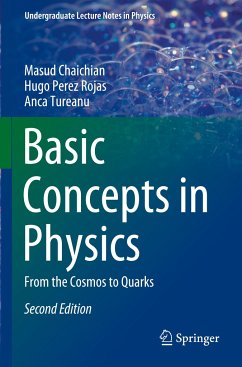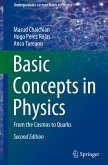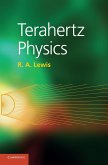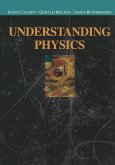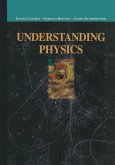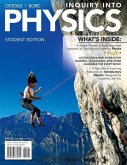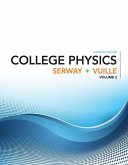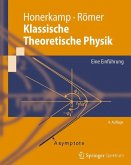This book is the second edition of an excellent undergraduate-level overview of classical and modern physics, intended for students of physics and related subjects, and also perfectly suited for the education of physics teachers. The twelve-chapter book begins with Newton's laws of motion and subsequently covers topics such as thermodynamics and statistical physics, electrodynamics, special and general relativity, quantum mechanics and cosmology , the standard model and quantum chromodynamics. The writing is lucid, and the theoretical discussions are easy to follow for anyone comfortable with standard mathematics.
An important addition in this second edition is a set of exercises and problems, distributed throughout the book. Some of the problems aim to complement the text, others to provide readers with additional useful tools for tackling new or more advanced topics. Furthermore, new topics have been added in several chapters; for example, the discovery of extra-solar planets from the wobble of their mother stars, a discussion of the Landauer principle relating information erasure to an increase of entropy, quantum logic, first order quantum corrections to the ideal gas equation of state due to the Fermi-Dirac and Bose-Einstein statistics. Both gravitational lensing and the time-correction in geo-positioning satellites are explained as theoretical applications of special and general relativity. The discovery of gravitational waves, one of the most important achievements of physical sciences, is presented as well.
Professional scientists, teachers, and researchers will also want to have this book on their bookshelves, as it provides an excellent refresher on a wide range of topics and serves as an ideal starting point for expanding one's knowledge of new or unfamiliar fields. Readers of this book will not only learn much about physics, they will also learn to love it.
An important addition in this second edition is a set of exercises and problems, distributed throughout the book. Some of the problems aim to complement the text, others to provide readers with additional useful tools for tackling new or more advanced topics. Furthermore, new topics have been added in several chapters; for example, the discovery of extra-solar planets from the wobble of their mother stars, a discussion of the Landauer principle relating information erasure to an increase of entropy, quantum logic, first order quantum corrections to the ideal gas equation of state due to the Fermi-Dirac and Bose-Einstein statistics. Both gravitational lensing and the time-correction in geo-positioning satellites are explained as theoretical applications of special and general relativity. The discovery of gravitational waves, one of the most important achievements of physical sciences, is presented as well.
Professional scientists, teachers, and researchers will also want to have this book on their bookshelves, as it provides an excellent refresher on a wide range of topics and serves as an ideal starting point for expanding one's knowledge of new or unfamiliar fields. Readers of this book will not only learn much about physics, they will also learn to love it.
From the reviews of the first edition:
Selected by Choice magazine as an "Outstanding Academic Title" for 2014
"This is a very high-quality presentation. The writing is lucid, and the theoretical discussions are easy to follow for anyone comfortable with the mathematics. ... the work is a valuable addition to college libraries. Professionals and researchers will also want it on their bookshelves; it provides an excellent refresher on a wide range of topics and can serve as a good starting point for expanding knowledge of new or unfamiliar subjects. Summing Up: Highly recommended. Lower-division undergraduates and above." (A. Spero, Choice, Vol. 51 (9), May, 2014)
"It describes all the major developments and theories regarding the description of the universe we live on, from the very small to the very large. ... I highly recommend this book to any physicist. It will not only be a fun and an easy read but also a useful revision of all the main concepts in physics. Undergraduate and graduate physics students definitely should read it. ... appropriate for scientists in other fields who have a genuine interest for physics." (Monica Pierri-Galvao, Contemporary Physics, April, 2014)
Selected by Choice magazine as an "Outstanding Academic Title" for 2014
"This is a very high-quality presentation. The writing is lucid, and the theoretical discussions are easy to follow for anyone comfortable with the mathematics. ... the work is a valuable addition to college libraries. Professionals and researchers will also want it on their bookshelves; it provides an excellent refresher on a wide range of topics and can serve as a good starting point for expanding knowledge of new or unfamiliar subjects. Summing Up: Highly recommended. Lower-division undergraduates and above." (A. Spero, Choice, Vol. 51 (9), May, 2014)
"It describes all the major developments and theories regarding the description of the universe we live on, from the very small to the very large. ... I highly recommend this book to any physicist. It will not only be a fun and an easy read but also a useful revision of all the main concepts in physics. Undergraduate and graduate physics students definitely should read it. ... appropriate for scientists in other fields who have a genuine interest for physics." (Monica Pierri-Galvao, Contemporary Physics, April, 2014)

